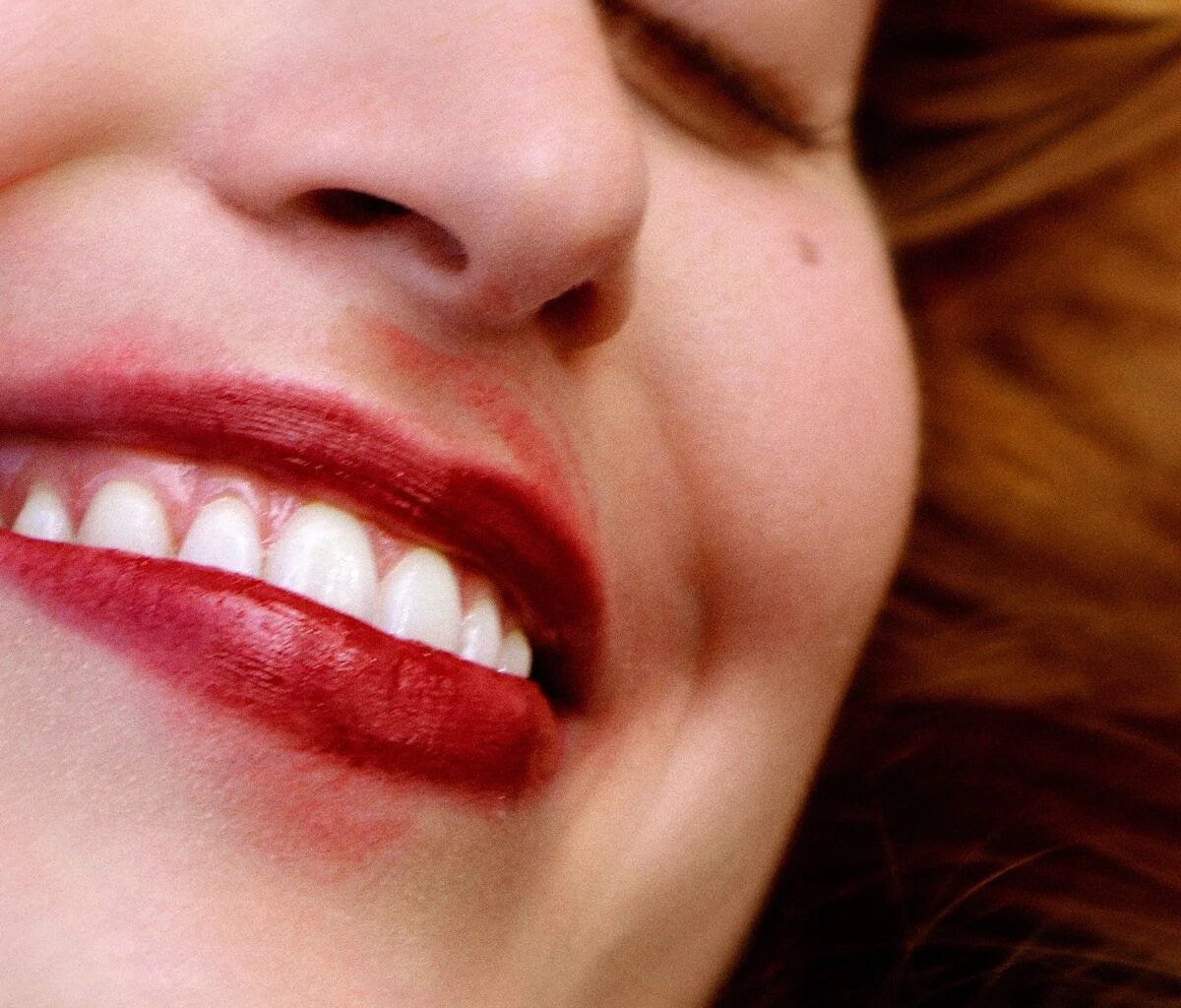It’s amazing how blanketing, reverb-drenched guitars can tug at the heartstrings and lift your spirits with equal emotion. Australian singer-songwriter Harriette Pilbeam, who performs as Hatchie, has tapped into these two modes throughout her entire career, but Liquorice is her first album where one doesn’t overpower the other. By allowing her new songs to germinate for weeks on end, giving them the time needed to grow into gorgeous, ethereal immersiveness, Pilbeam has found the balance between maximalism and spaciousness.
Previously, Pilbeam made her influences abundantly clear. Much of her glossy and prismatic sound is owed to the likes of Cocteau Twins and Mazzy Star. It’s the pop talent she’s less obviously drawn from, such as the Sundays, Carly Rae Jepsen, and Kylie Minogue, that have pushed her to be a standout in a sea of others merely parroting the essence of 90s dream pop. Acknowledging Pilbeam’s inspirations may be at odds with her approach to Liquorice: Writing with no fixed destination, leaving any influences firmly stowed at the back of her mind. The result is the most Hatchie-sounding record, one that feels true to herself.
Consequently, Liquorice is an apt title. These
songs taste sweet, salty, and bitter all at once, like the titular
lolly, a fitting palate as Pilbeam faces both new and lost love. The
turning “Carousel” steadily bounces with lustrous, twinkly synths. Yet,
Pilbeam puts a damper on the positivity by detailing fading romance:
“Then I knew that everything I’d ever wanted had passed / And I couldn’t
help but laugh / All alone in my head.” “Sage” is more of a dreamy
pop-rock affair, where Pilbeam asks for greater commitment: “Can’t you
see it’s more than just ecstasy? / You’re falling in love with me,
falling in love.” The Britpoppy “Wonder” is driven by whirring guitars,
but contrary to the bright atmosphere, she bluntly anticipates an
imminent break-up: “And I hate when you call cos it means that it’s over
/ I know what you’ll say, you can spare me your sorry’s.”
While the shoegaze-like guitar blasts are a Hatchie staple,
Pilbeam takes the opportunity to branch out further on this record.
Opener “Anemoia” strolls with its drum machine and keyboard groove,
serving as a welcome downtempo-y addition to her catalogue. The
rocketing synths paired with acoustic strumming on “Only One Laughing”
make it a stunningly textured pop song. The warm “Part That Bleeds” is a
true gem, with tinny hi-hats sitting above a bopping, nostalgic synth
bed and pronounced bassline, followed by huge choruses. It’s a
push-and-pull of intimacy and distance, which embodies Liquorice: “Don’t want you to go, but you gotta go.”
On Liquorice, Pilbeam hits all the pleasure centres that
come with fiery new love, but also offers remedies for the comedown if
the afterglow is sorely missed – that’s if that infatuation fizzles out.
Her introspection has not only led to her most vulnerable and earnest
record but also a display of everything she has worked towards over her
career. Pilbeam has succeeded in creating the culmination of Hatchie;
now is the best time to relish her bittersweet brilliance.

